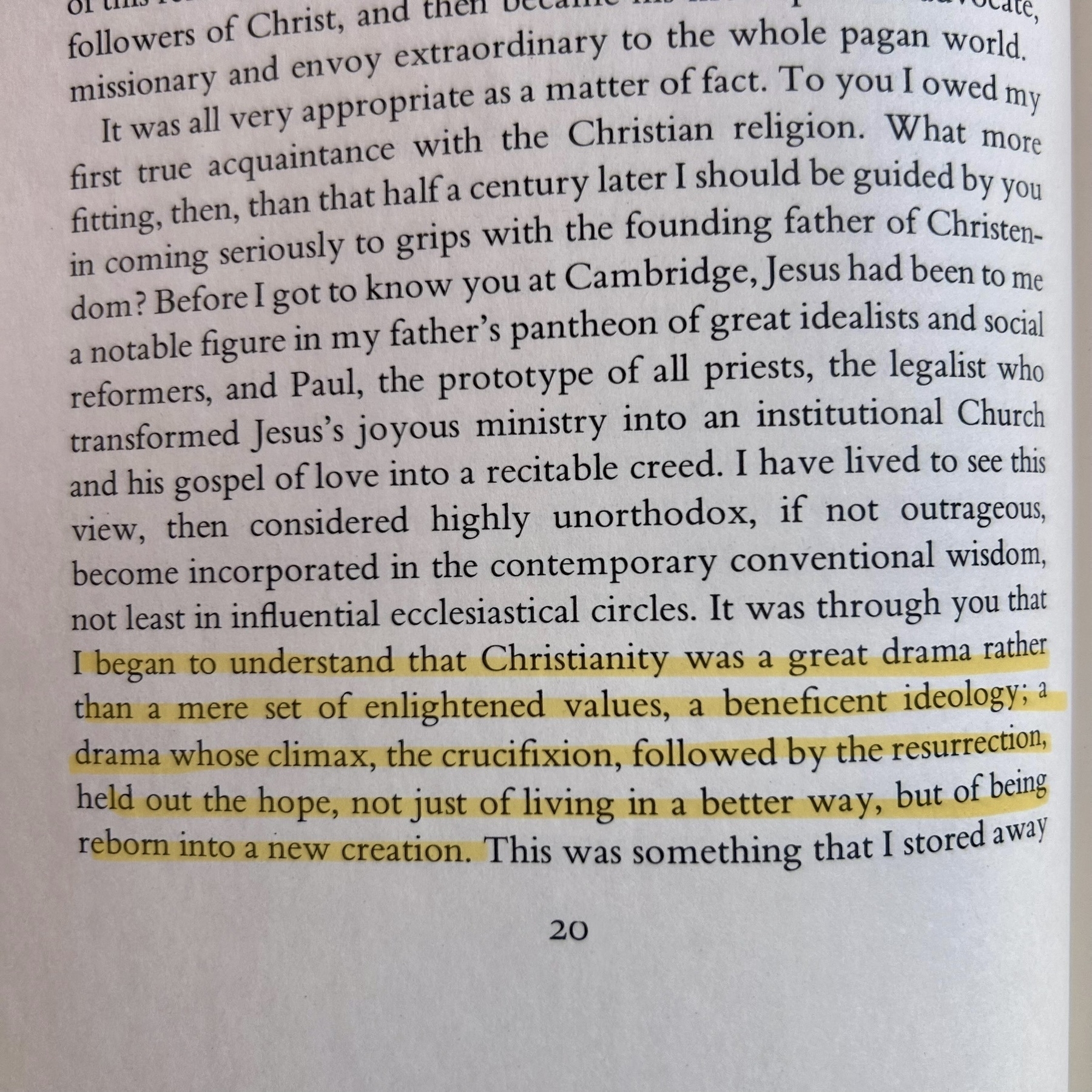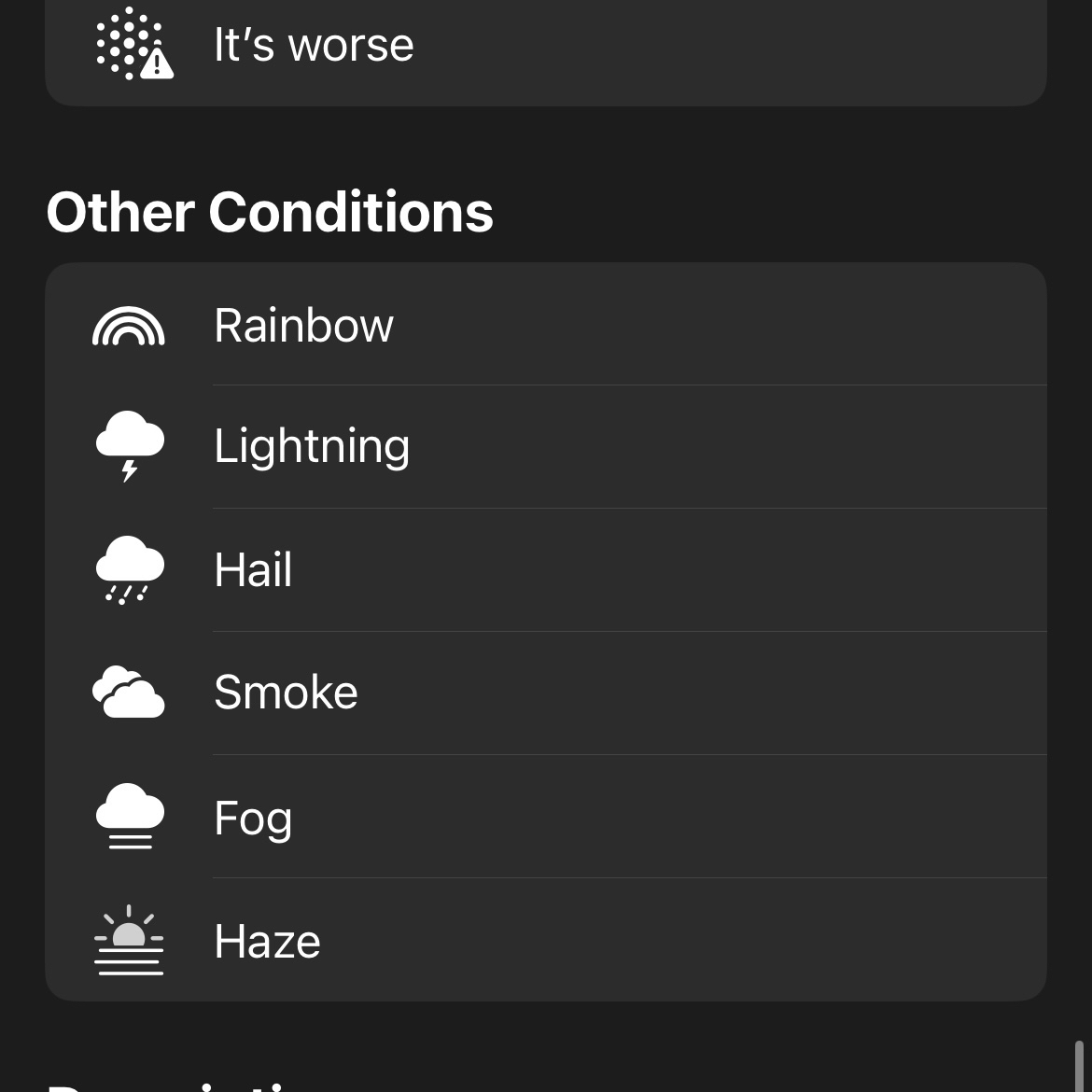Interesting stat regarding the recent Arizona primary elections: “Statewide, there were 131 races with only one candidate, which comes to about one-fourth of all the seats that were up for grabs in the primary elections.” (Tucson Agenda)
Finished reading: Bridge-Building Apologetics by Lindsey Medenwaldt. Audio available on Libby. 📚
See how one of the most important rooms in America has been decorated over the years. It’s hard to choose a favorite.
Edinburgh Theological Seminary is currently offering a great set of classes for less than $65.
- David Nixon: Unashamedly Christian
- Zachary Purvis: The Parables of Jesus: What Are They and Why Are They So Misunderstood?
- Daniel Sladek: “Bizarre Food” or Spiritual Feast? Understanding Leviticus
Open to anyone, the Saturday Courses are an excellent way of gaining more than would normally be offered in church on Sunday whilst being less demanding than a full-time theological course.
And if you’re not in Scotland, you can take them online.
Finished reading: Christ-Centered Biblical Theology: Hermeneutical Foundations and Principles by Graeme Goldsworthy. Solid read. I have a better view of the Davidic Covenant now. CCBT is best for those familiar with the BT field. If you are a beginner, check out From Eden to New Jerusalem. 📚
Good news: Apple Maps is now available on the web.
Amazing time-lapse video of a storm forming over Tucson. Watch for when the rain starts to fall.
From Psalm 137:1
The rest of the psalm describes why they wept, including the sorrow caused by a brother. I’ll be preaching on these topics this Sunday.
QUIZ: What generation are you when texting? - CNN
If you don’t know how texting practices and expectations vary among age groups, this is a fun way to learn.
(via @JoshNicholas)
Paul, Envoy Extraordinary by Malcolm Muggridge and Alec Vidler

Excellent book: None Greater: The Undomesticated Attributes of God by Matthew Barrett. The forward by Fred Sanders is also very good.
🔗 graphic: the most common PIN codes
Have any tips for keeping dogs calm during fireworks? I just found this: Calm Your Canine: Dog Calming Music: Through a Dog’s Ear



